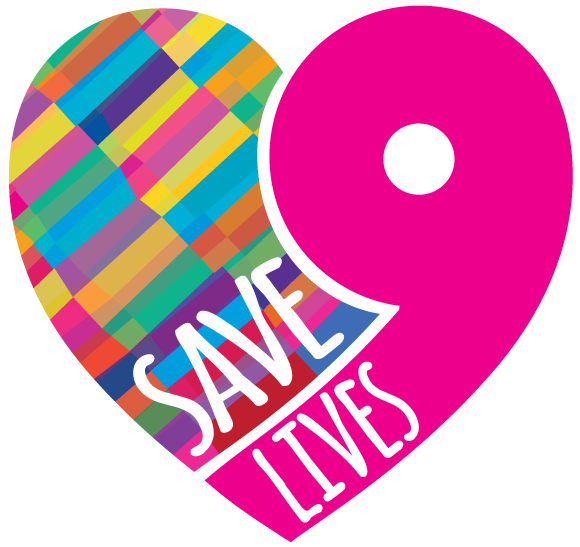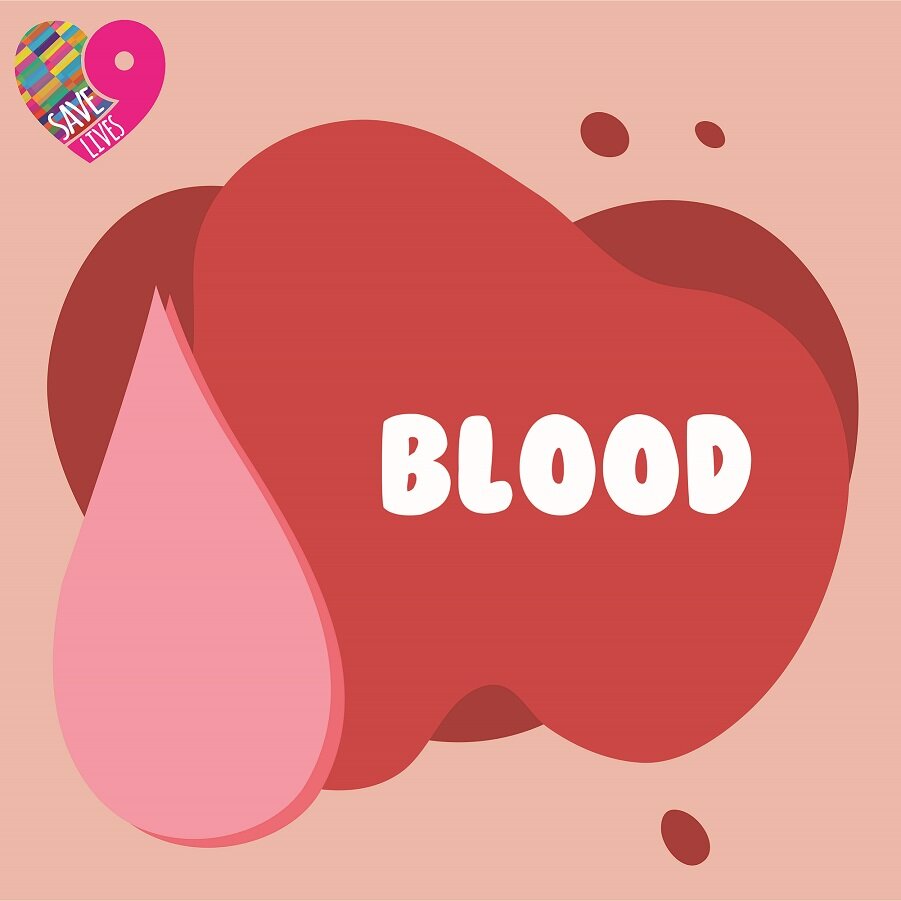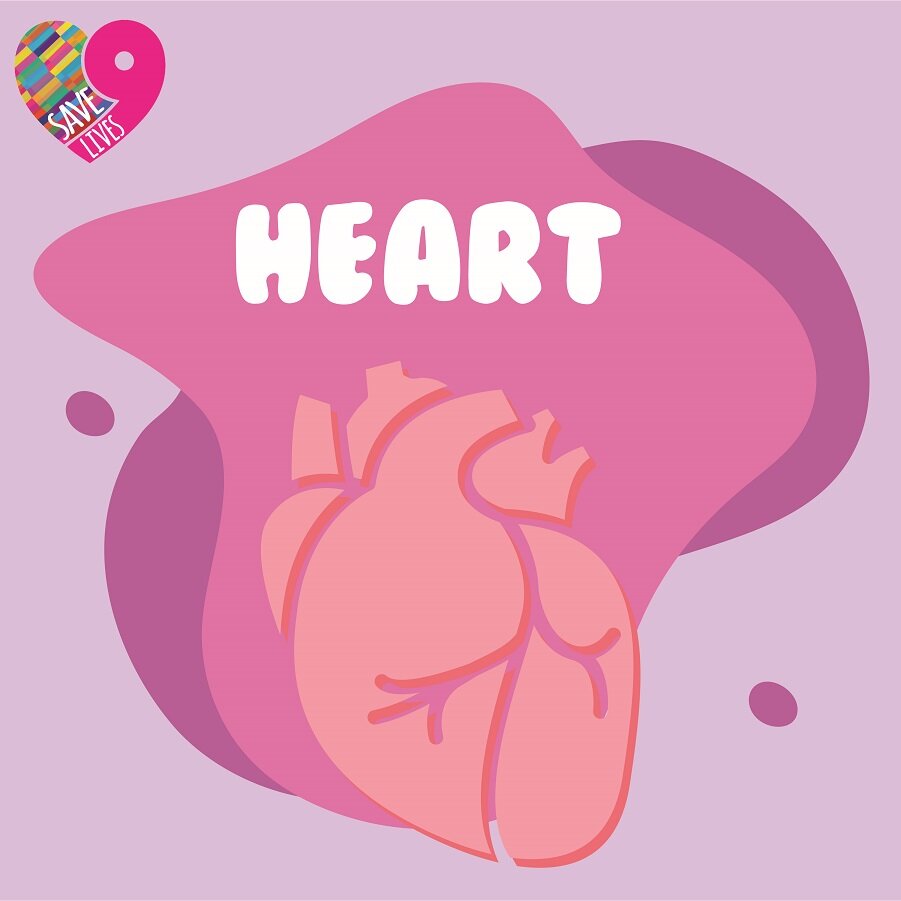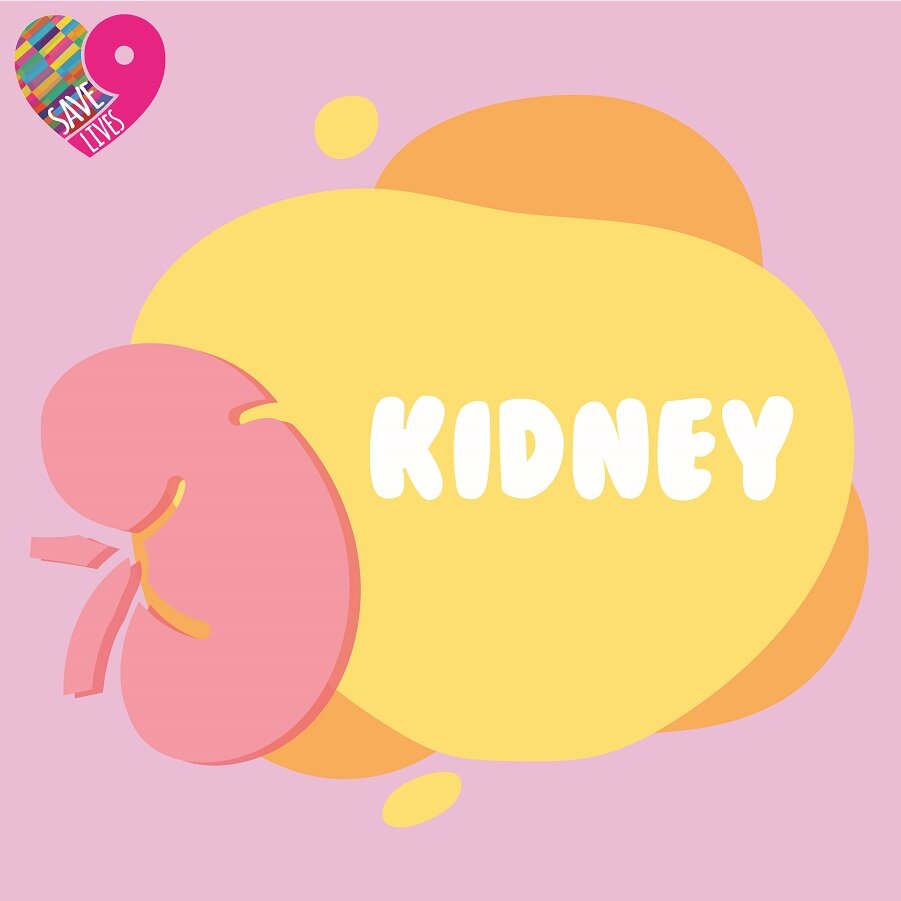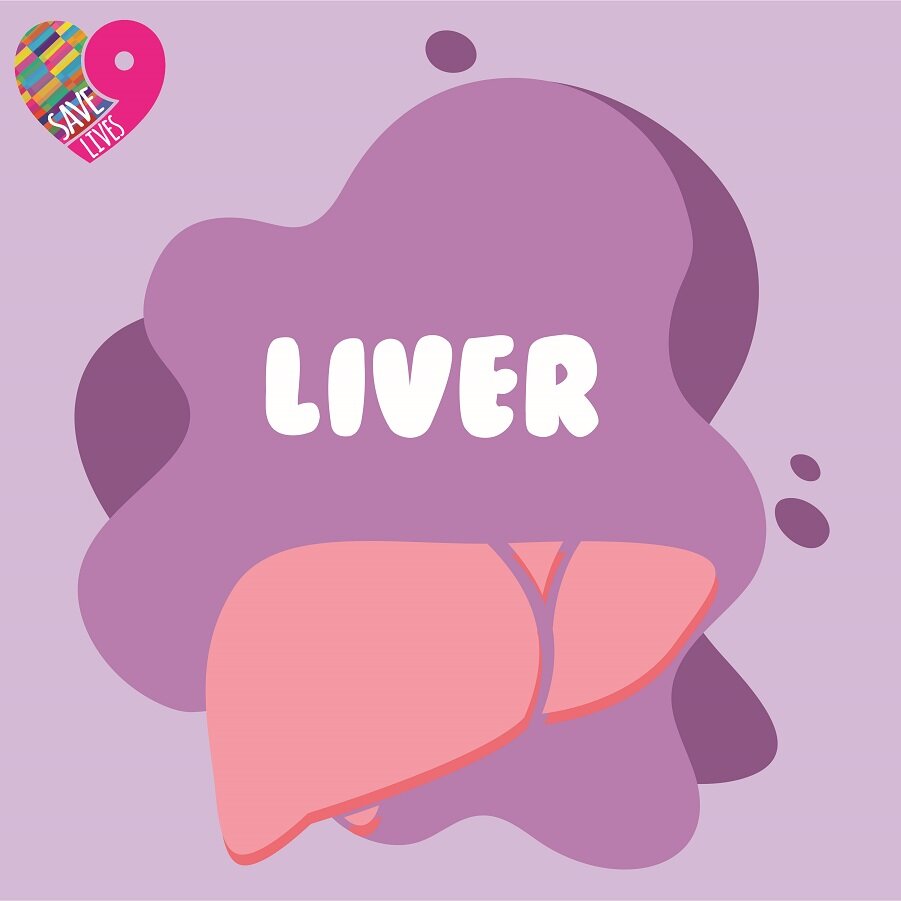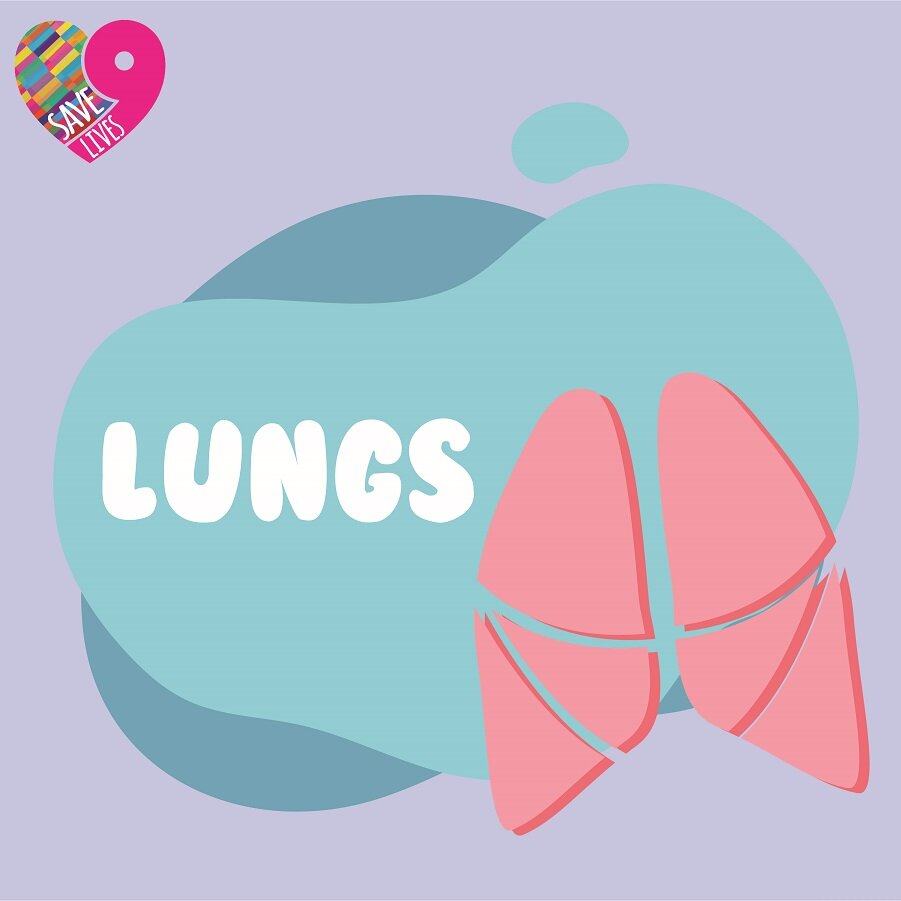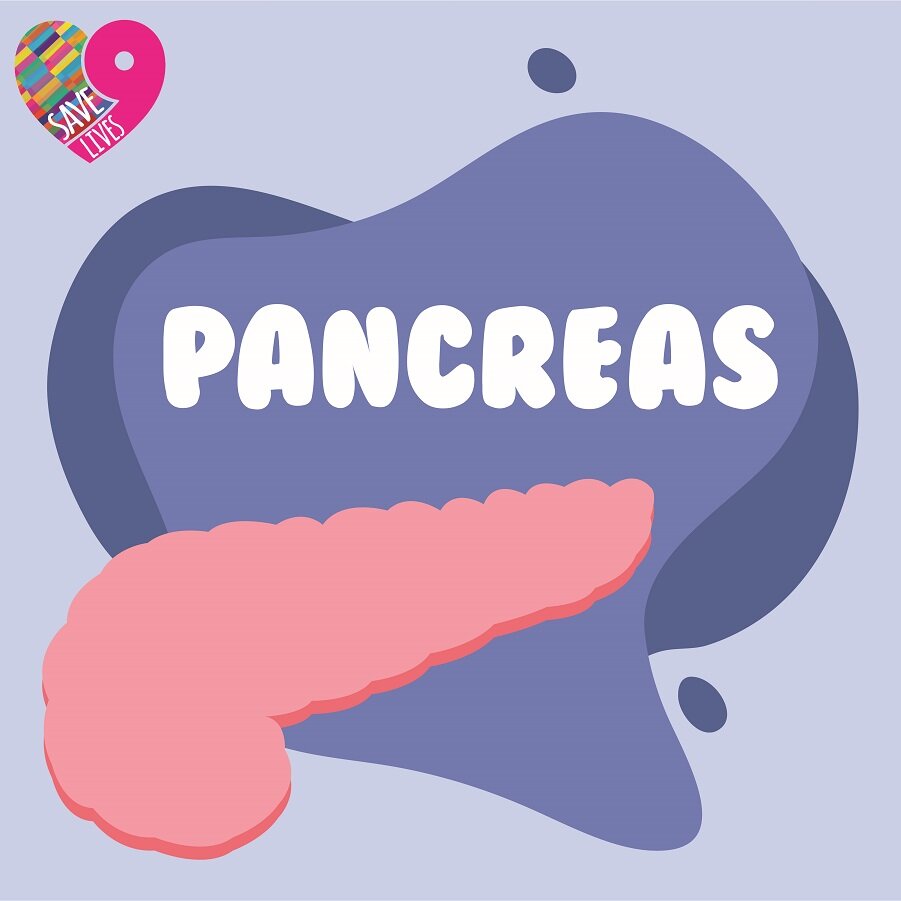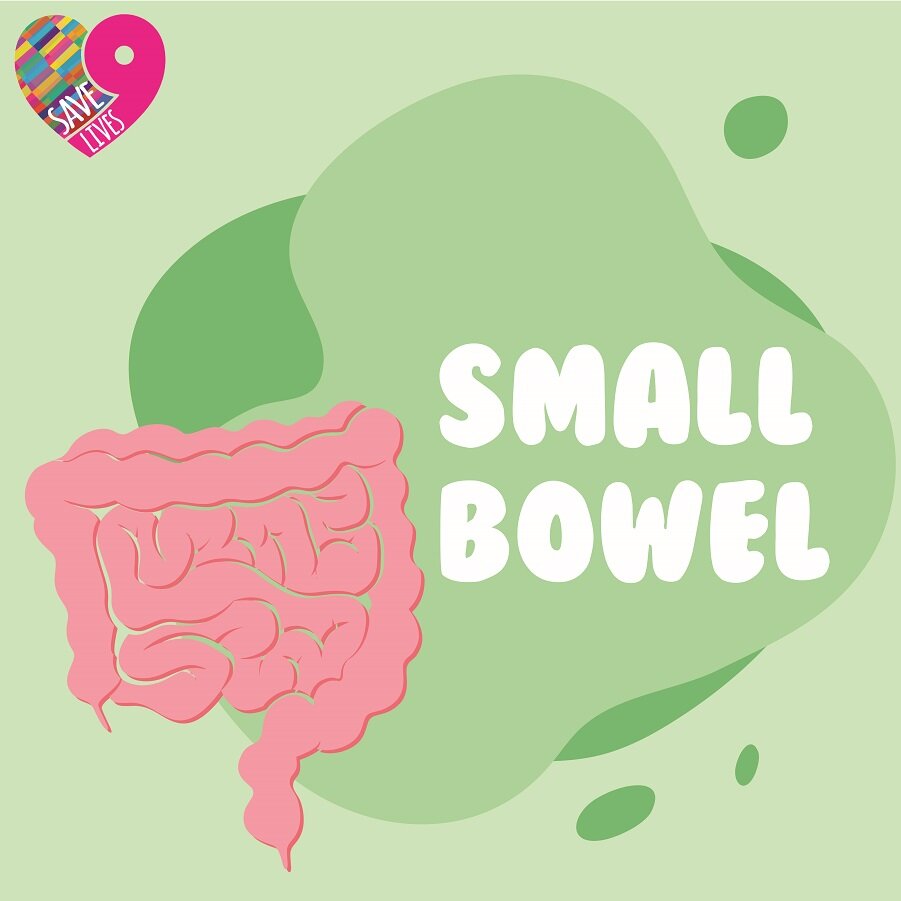NHS Facts
“I am waiting for a new heart and I’m not going to lie, it’s tough. However, I know how hard it is for those who are struggling to breathe as they wait, the ones who have to be hospitalised and constantly monitored. They are often too sick to be fitted with the Left Ventricular Assist Device that I have, which enables me to function, though often not without pain. There are also the thousands of people who have to undergo regular dialysis treatment due to kidney donation shortage. I want everyone to have hope that they will receive a life saving call as soon as possible.” - Jim Lynskey
What Can Be Donated?
The NHS states that one organ donor can save nine lives through multiple organ and tissue donation, if they are suitable for transplant. Most organs are gifted to recipients from deceased donors, but there are occasions where living donors can save lives in a safe way.
Heart
Liver
Eyes
Tissue
Small bowel
STATISTICS
“On average, three people die every day waiting for an organ”
“31% of people waiting for a transplant are from black, Asian or ethnic minority communities”
“Only one third of people are thought to have discussed their wishes”
Tackling Organ Donation Myths
There are many misconceptions about organ donation. It’s important to know that all organ donors are treated with respect, and receive as much medical care as any other patient prior to and after their death. Any age and ethnicity can become an organ donor, described further by The NHS, here.
Why Having "the Conversation" Is So Important
With the “opt out” system set to become mandatory in the UK, it is more important than ever to have “the conversation” about organ donation with your loved ones. Even under this system they will be able to stop an organ donation, so it’s vital that you let them know your wishes. Save9Lives aims to encourage individuals to positively consider donation with The NHS to ensure that more lives can be saved.
Learn more about the conversation here.
